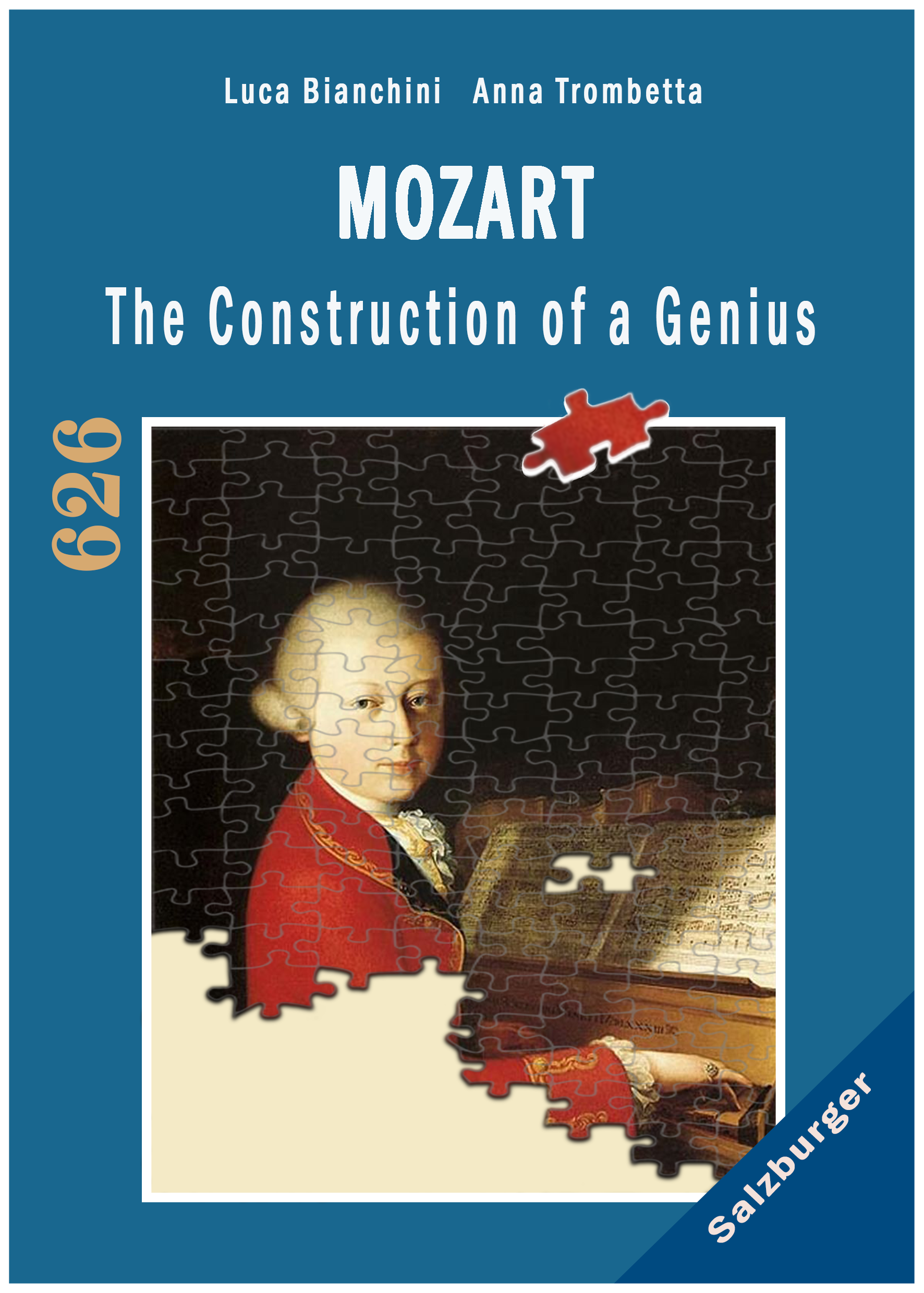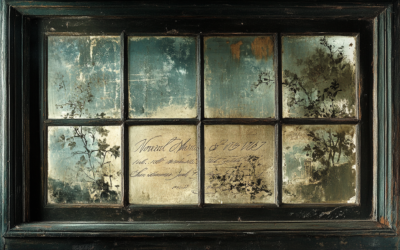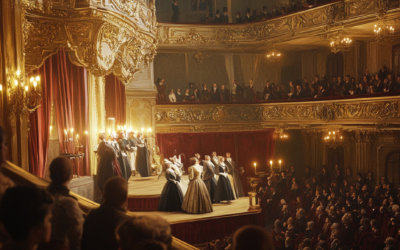Australian Scholars Confirm Mozart Catalogue Forgery
They support our findings on the falsification of Mozart’s works.
Professor Martin Jarvis of Darwin University, alongside forensic expert Professor Heidi H. Harralson, confirmed our long-held findings that Mozart’s personal catalogue is a forgery during his recent lecture The Mozart Scam. Forensic analysis continues to unravel the myths surrounding Mozart’s legacy.
Mozart: The Construction of a Genius
This enlightening volume deciphers the myriad of myths enshrouding Wolfgang Amadeus Mozart, shedding light on how portrayals of his genius have been manipulated for diverse purposes. It explores the transition of Mozart’s image from a means to mitigate Constanze’s financial distress to a representation of national valour and, subsequently, a commercial label, demonstrating how his myth has morphed through the ages.What dynamics post-1791 contributed to the moulding of Mozart’s lasting myth? This pivotal work by scholars Luca Bianchini and Anna Trombetta delves into biographical facts, musical compositions, and pertinent writings to unveil a disconcerting reality: the esteemed Mozart’s Thematic Catalogue, spanning February 9th, 1784, to November 15th, 1791, is an intricate forgery from the late 18th century.This revelation is corroborated by the scholarly paper ‘A Questionable Catalogue’, presented by the authors in October 2023 at the 21st International Conference of the Graphonomics Society at the University of Évora, Portugal.
"I am delighted that our research has provided evidence to support the proposition, made by Luca Bianchini and Anna Trombetta, that the Thematic Catalogue is not what it purports to be; we have concluded that it is a counterfeit document."
Professor Martin Jarvis
In an exciting development from Australia, Professor Martin Jarvis of Darwin University recently delivered a groundbreaking lecture titled The Mozart Scam, where he addressed the forensic investigation into the authenticity of Mozart’s handwriting. During this prestigious conference, Jarvis mentioned our research and praised our books, Mozart: The Fall of the Gods and Mozart: The Construction of a Genius, for shedding light on the myths surrounding Mozart’s legacy.
Jarvis’s lecture explored his collaborative work with forensic handwriting expert Professor Heidi H. Harralson of East Tennessee State University. Together, they have conducted an in-depth analysis of Mozart’s violin concertos, revealing that the dates of these works had been altered, and two of the concertos are not autographs by Mozart, as previously thought. This supports the findings in our earlier publications, confirming that many elements of Mozart’s legacy are based on false assumptions.
Their forensic analysis of the personal catalogue attributed to Mozart from 1784 to 1791 also confirmed what we have long argued—the catalogue is a forgery. These results, which align with our own research first presented in Mozart: The Fall of the Gods, are backed by independent studies conducted across Europe and beyond, including advanced computer data analysis from Prague.
This convergence of findings from both Europe and Australia only strengthens the case for a reevaluation of Mozart’s legacy, which has been inflated over time. As Jarvis and his colleagues continue to scrutinise the historical evidence with forensic rigour, more truths about Mozart’s life and works are being revealed, supporting the conclusions we reached years ago.
You May Also Like
Mozart’s Illusory Triumphs
The story of the young Mozart’s so-called triumphs at the courts of Europe is a tale riddled with embellishments, half-truths, and fabrications—many courtesy of Leopold Mozart himself and those who later sought to mythologize his son. One such example is the visit to Munich on 12 January 1762.
The Vienna Disaster
The failure of La Finta Semplice in Vienna was a turning point for the Mozart family, revealing the cracks in the facade of Wolfgang’s prodigious reputation and prompting a desperate escape to Italy in search of redemption.
From Innsbruck to Bolzano
From Innsbruck to Bolzano, the Mozart family’s journey was a blend of strategic networking and missed opportunities, revealing the challenges of securing fame in 18th-century Europe.
The Myth of Mozart’s Sight-Reading Genius
Mozart’s so-called sight-reading miracles were less about supernatural talent and more about clever improvisation, as two key 18th-century witnesses make clear.
The Hidden Legacy of Michael Haydn
Mozart’s Symphony No. 37, K.444, is more Haydn than Mozart. How did this happen? A story of deception and misattribution unfolds.
The Myth of Mozart’s Education
For centuries, Wolfgang Amadeus Mozart has been celebrated as a musical prodigy, effortlessly composing masterpieces from a young age. However, when we peel back the layers of myth surrounding his early education, a different picture emerges—one in which his father, Leopold Mozart, plays a far more controlling and influential role than is often acknowledged. This article explores the true nature of Mozart’s education, examining how much of his early works can be attributed to his own genius, and how much was the product of his father’s meticulous and often self-serving guidance. Was Wolfgang’s brilliance entirely his own, or was it a crafted image designed by Leopold?







